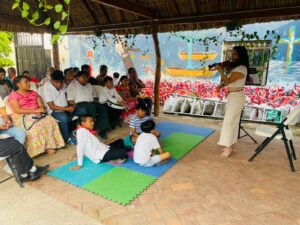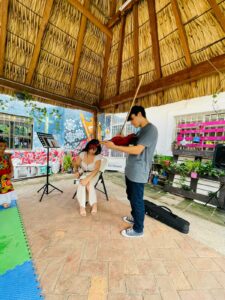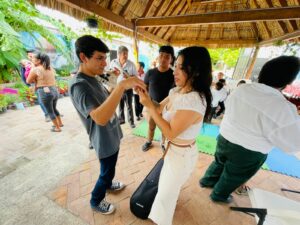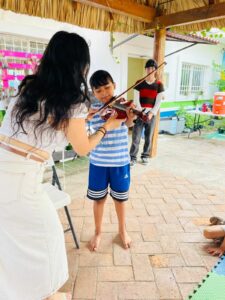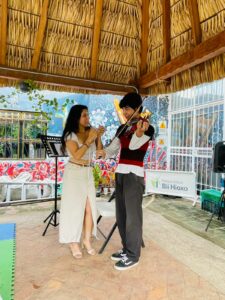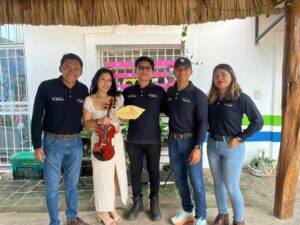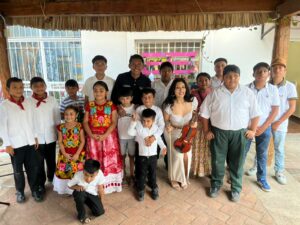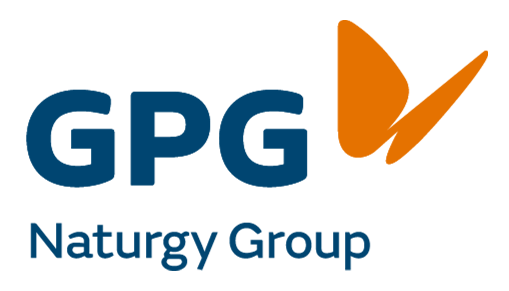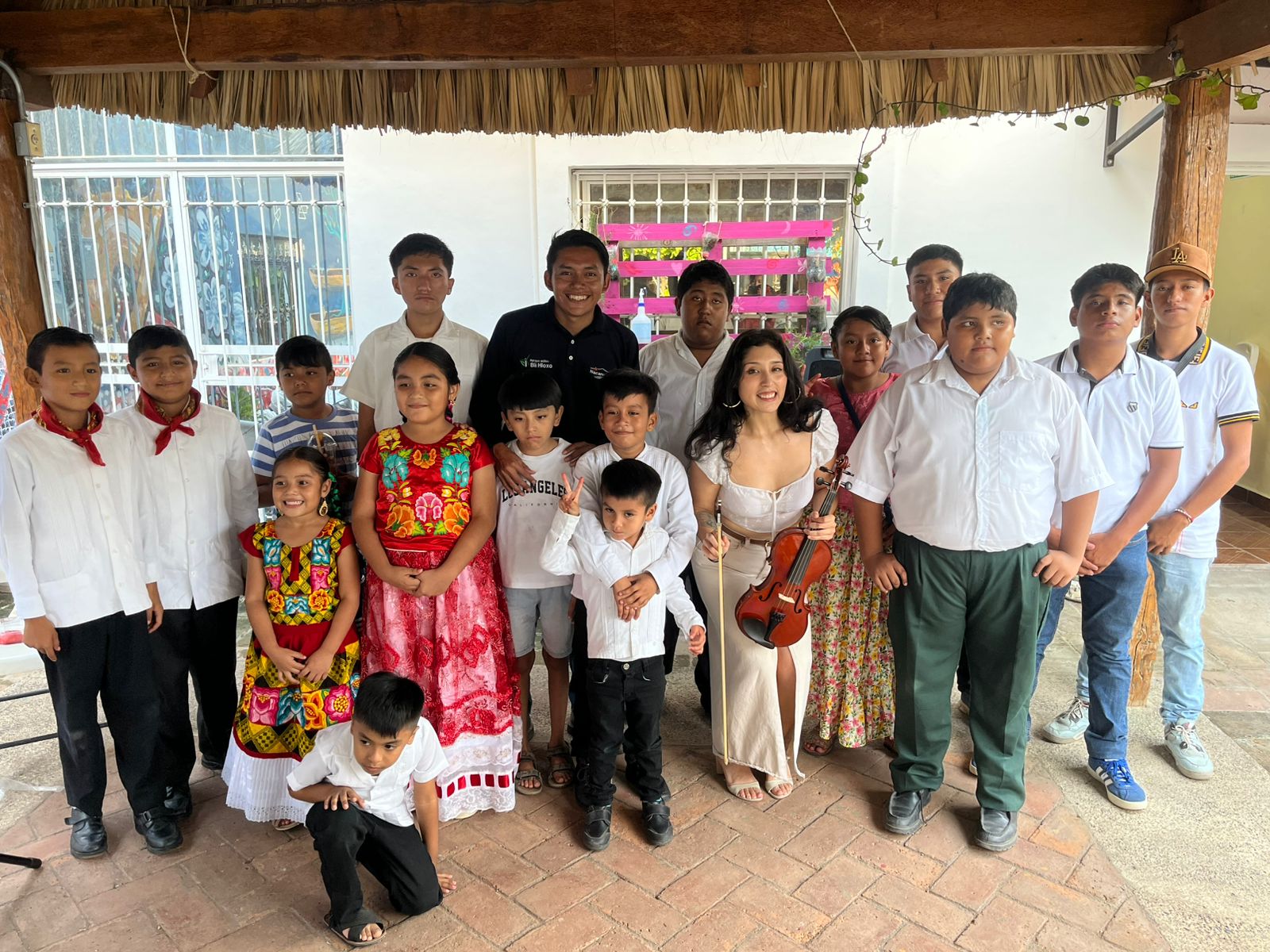This past Monday, July 7, 2025, Nacanu’Bií, the Community House of the Bií Hioxo wind farm, became a vibrant space for gathering, learning, and celebration. As part of the Didactic Violin Workshop, children, youth, and families involved in the music project experienced an unforgettable day that connected art, identity, and cultural heritage.
The workshop was led by Kelsey Milian Lopez, an ethnomusicologist, educator, and poet of Mexican and Guatemalan descent, born in Miami and currently based in New York City. Kelsey is a PhD candidate in Ethnomusicology at CUNY and serves as editor of American Music Review. Her work weaves together music, education, and social justice across the Americas and Japan, with a special focus on the revitalization of Indigenous languages.
Before the workshop began, Kelsey shared her personal story. Her grandfather spoke Zapotec from the Isthmus of Tehuantepec but didn’t pass it on to her mother due to the discrimination Indigenous communities faced.
Today, Kelsey is studying this tonal language with a musician from Juchitán, as part of her commitment to cultural revitalization.
“I grew up with love and pride for my Indigenous identity and learned how important it is to reclaim it,” she said. Her doctoral research explores how music can be a tool for recovering languages and memories. “It’s the connection between language, body, and land. It’s a way to cultivate community and social resilience, and to imagine more just and creative futures.”
During the Didactic Violin Workshop, Kelsey facilitated an engaging musical experience in which the violin became a bridge to explore sound, words, and emotions. Through playful activities, songs, and storytelling, participants approached music as a form of cultural expression and a connection to their roots.
The workshop not only strengthened musical skills but also opened space for reflection on the importance of preserving our languages and traditions. Families shared their own stories, creating an atmosphere of listening, respect, and collective pride.
Kelsey closed the session with a powerful message: “I want to become fluent so that when I have children, I can teach them our Indigenous languages. I want them to grow up with pride, and for that pride to drive them to create new forms of cultural innovation rooted in who we are.”
Experiences like this are made possible thanks to GPG’s Social Engagement model, which supports spaces like this one to strengthen community ties, foster intercultural dialogue, and accompany social transformation processes from the local level.
The Didactic Violin Workshop was much more than a class—it was a celebration of music as a living language, an affirmation of identity, and a seed for continuing to build community through creativity, memory, and hope.
